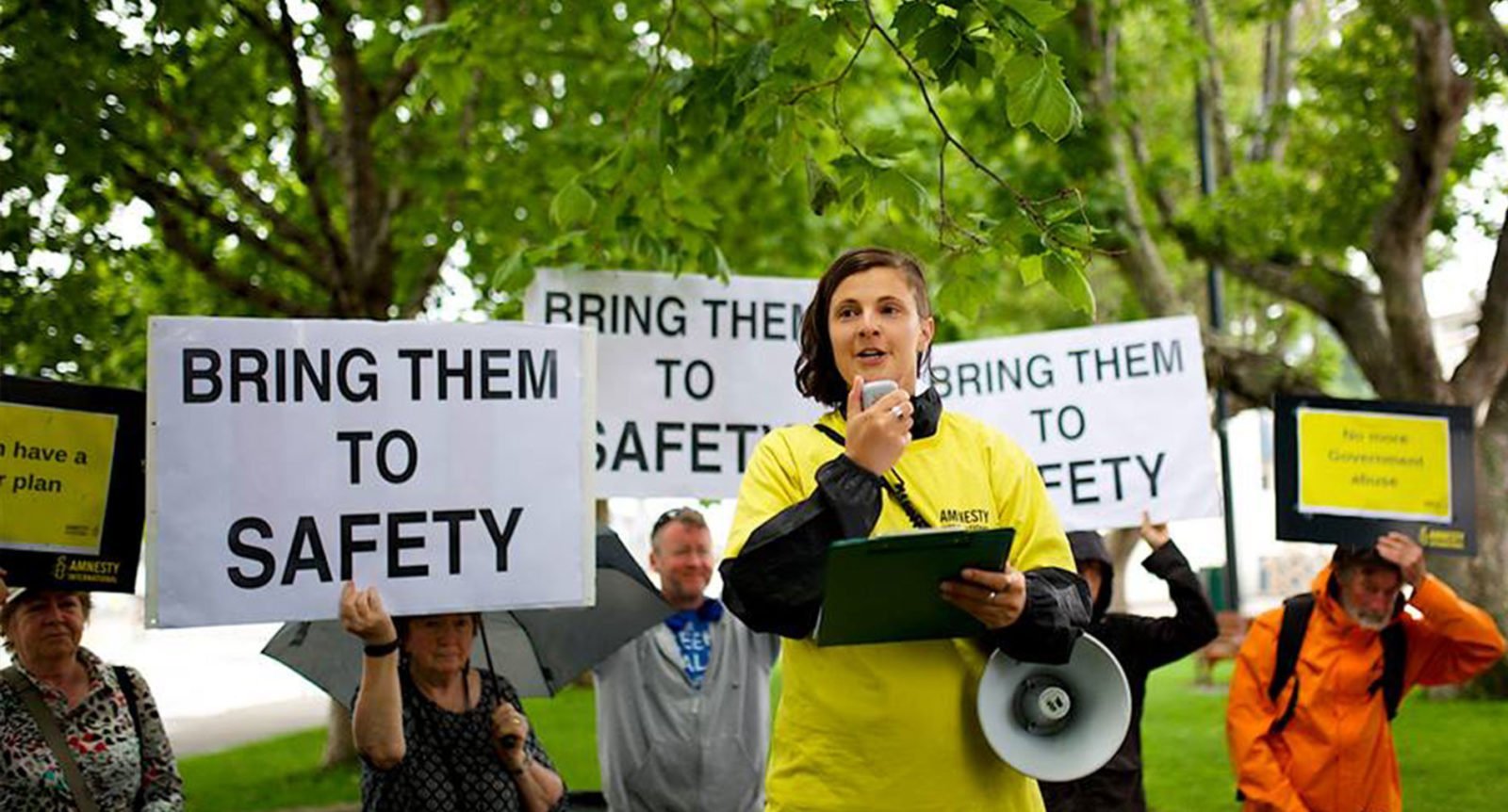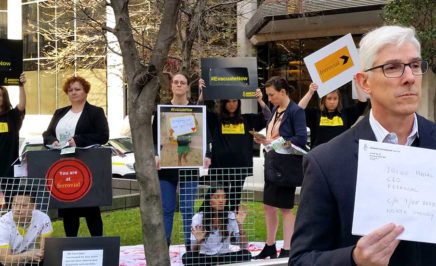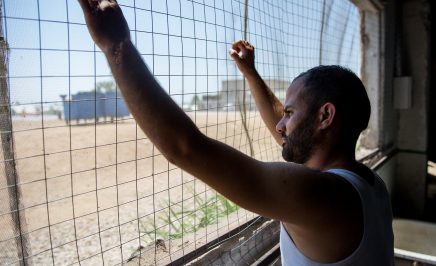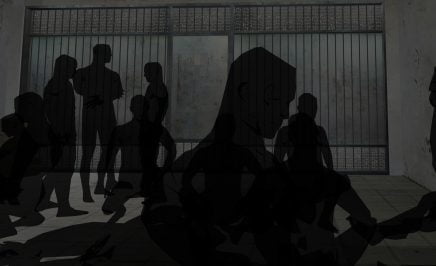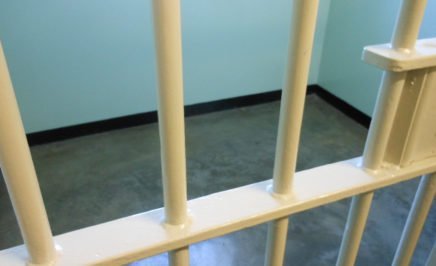Human rights campaigning is a long-game, and it can take years to see the results of our work – especially so for our refugee campaign. You may feel disheartened that the Australian Government has continued its harsh treatment of asylum seekers, but your work in 2017 has made a real difference for people in detention and laid the foundations for further progress in 2018.
You amplified refugee voices
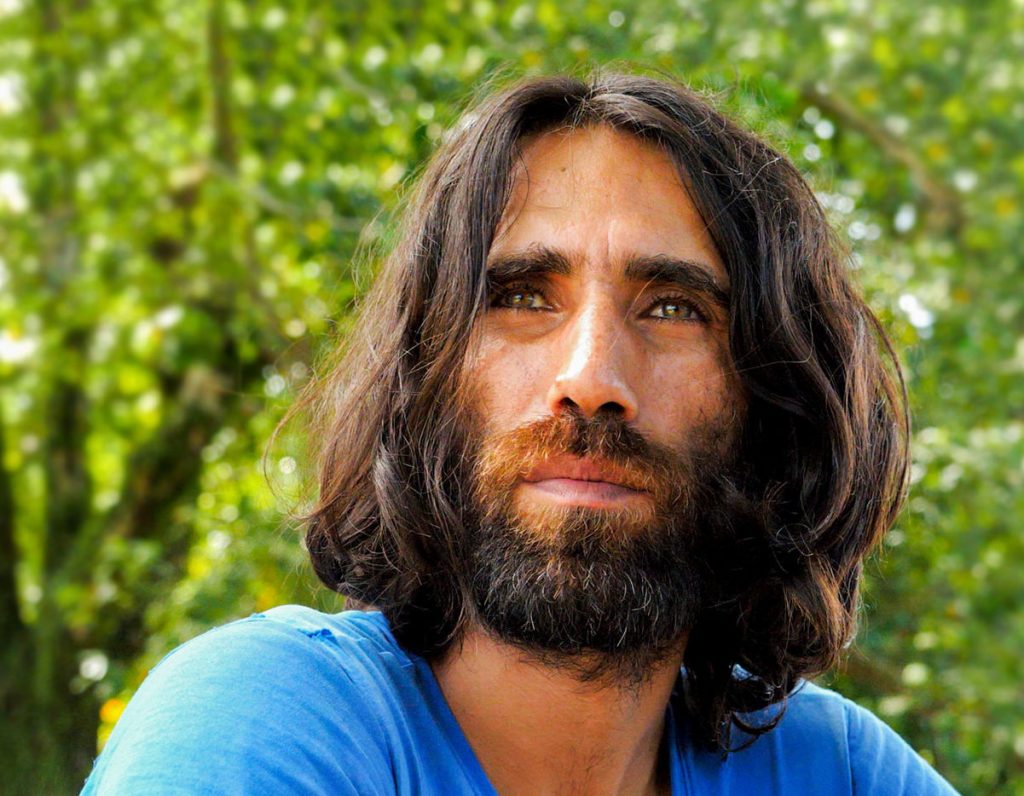
You’ve helped amplify the voices of the people trapped in offshore detention — including Behrouz, Joinal, Aziz, and Imran — by sharing and liking their stories. Behrouz Boochani won the print/online and multimedia category in Amnesty’s media awards for his journalism from Manus.
When the Manus Island situation escalated, you sent them messages of support to help keep up their spirits while in detention. Never doubt the difference your compassion has made in letting the men know they are not alone.
You have built strategic relationships
Activists have been knocking on the doors of their local councils, asking them to become refugee welcome zones — and with success in the areas of Margaret River, Lithgow, Scarborough, Joondalup and Gippsland. If your local council is yet to sign up as a refugee welcome zone, don’t give up. “We will continue to work for a refugee welcome zone in the city of Stirling because it is important that councils take the lead and foster a spirit of welcome,” says Cat Hogan, Scarborough group convenor in Western Australia.
Amnesty’s refugee networks have also been building relationships with other organisations working on refugees and many are now members of the Australian Refugee Action Network (ARAN).
Your voices have been loud and relentless
Activists everywhere have rallied, banner dropped and collected actions. On 19 July you rallied with others to mark four years since Kevin Rudd announced refugees would not be resettled in Australia.
In the media we have been outspoken at every opportunity about the current government’s policies of cruelty. Dr Graham Thom, our Refugee Coordinator was quoted across Fairfax, calling out Immigration Minister Dutton’s “extraordinarily irresponsible” comments about the first group of refugees to arrive in the US after being warehoused for years in offshore detention.
We worked closely with VICE to make sure Aziz was able to tell his story:
We have been on the ground documenting the abusive offshore processing system. From the ground on Manus Island, our Pacific Researcher Kate Schuetze did back-to-back interviews with Australian and International media. She pushed to make sure the Australian Government — and the world — knew we were there, watching events unfold and calling for authorities to prevent violence and ensure safety of the refugees.
You have helped asylum seekers and refugees get support
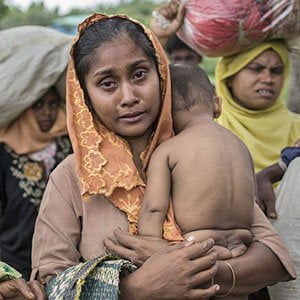
Our refugee casework team are a group of dedicated volunteers in the Sydney office who help hundreds of people every year. They tirelessly respond to requests for assistance from asylum seekers, refugees and advocates— linking people in need to legal, mental health and trauma services. They keep in contact with detained asylum seekers and refugees, monitor complex cases, and where appropriate, step in to advocate on someone’s behalf.
This year the team assisted a number of people directly affected by the legacy caseload, writing country information reports and working with organisations such as the Refugee Advice and Casework Service (RACS) and the Asylum Seeker Resource Centre (ASRC) to make sure these people got the support they needed. The work that this team does is critical to the lives of those seeking help.
You pressured Ferrovial to end operations on Nauru
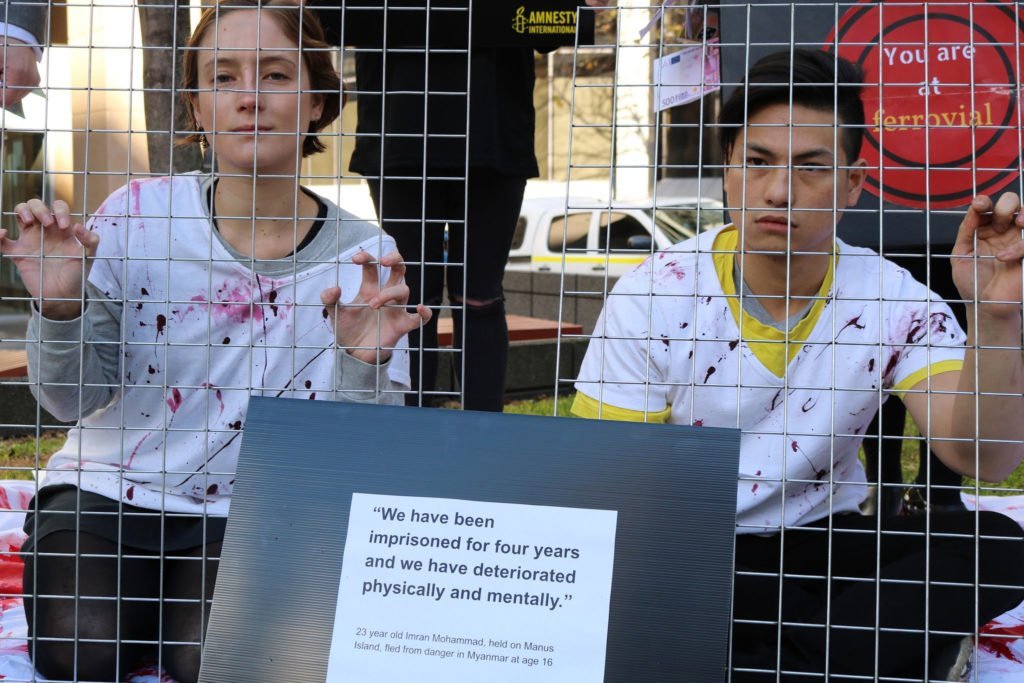
After sustained pressure from activists, in October multi-national corporation Ferrovial decided to end their contract running the offshore detention centre on Nauru.
Brisbane-based engineering company Canstruct have now taken up this ‘poison chalice’ contract. Queensland refugee activists are pressuring Canstruct to end their operations at the detention centre as well.
What’s next?
In 2018 activists can help promote a better plan for refugees that our government can enact instead of its current policies. This five-point plan for refugees includes Australia working cooperatively with neighbouring countries to better support refugees; including refugees in existing visa programs; and assessing refugees applications within a defined time period – finally allowing people to get on with rebuilding their lives.
Keep your eyes peeled in February 2018 for how you can get involved.
